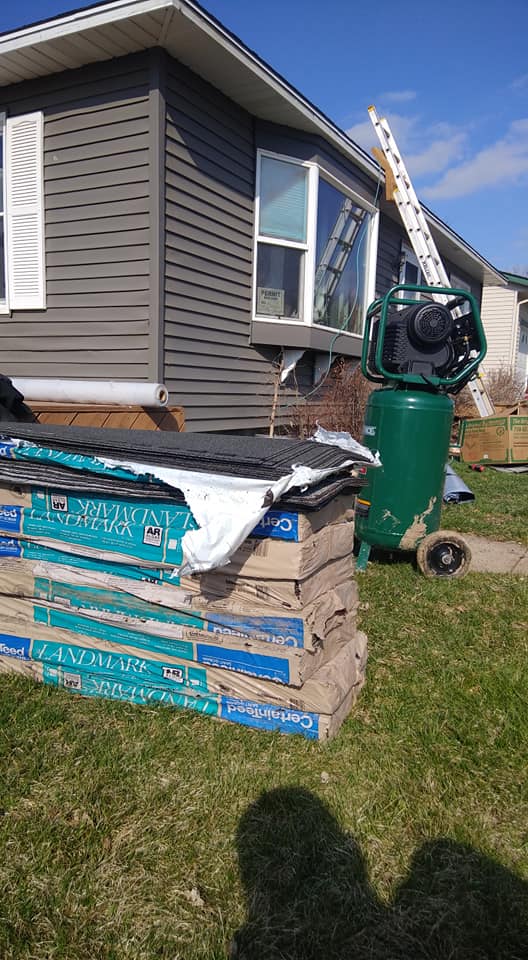
You must pass an exam and complete a training course to become an Maine electrician. This is a certification that demonstrates that you have the skills necessary to install and repair electric systems. A continuing education course is required if you intend to be an independent contractor. The licensing process usually takes two to four months. Depending on your level of education and experience, the cost of a Maine electrician license will vary.
If you are a beginner and are just starting out in the field of electrical engineering, you may be able to enroll in an apprenticeship program. Apprenticeships usually last two years. This apprenticeship will teach you the basics and standards of electricity. Working with professionals will help you to improve your skills. Apprentices can even receive financial assistance from some programs. An apprenticeship program typically costs between $50 and $100.
After you complete your apprenticeship program you can apply for your Maine electrical license. A criminal background check might be necessary depending on the qualifications and experience of your applicant. Once you have your license, you can start looking for jobs. A lot of employers require electricians to hold a license in the specific state they work in. It is necessary to get one from Maine.

You may also enroll in a course if you are licensed in another jurisdiction. However, this will depend on the regulations in that state. There are reciprocity deals with Vermont (and Oregon) aside from Maine.
To keep up to date on electrical regulations, an online course can be taken in addition to an apprenticeship. The Electricians' Examining board approves these courses. Maine has many community colleges that offer classes to those who want to earn an electrician's license.
It's simple to obtain your Maine electrician certificate. Contacting the Maine Board of Electrical Contractors is the best way to learn more about the process. The local licensing board can be contacted in your town.
The application form must be completed by applicants. They also need to provide all required documents and pay the licensing fees. You will be allowed to take the test after your application is approved. Applicants should expect to pass the test with a score of at least 70%.

The Board of Electrical Examiners administers the master and journeyman exams. On the board's site, you can find more information about the exam and its requirements. For a journeyman exam, you will be asked to answer 80 questions. You can also opt to take a master exam with 100 questions.
In addition to the exam, you will need to complete a continuing education program to renew your license. Each renewal cycle requires a minimum of 15 hours of CE in an electrician training program. You will need a high school diploma. Additionally, you must have a minimum 18-year-old age.
FAQ
What is a Service Agreement Format?
A service arrangement template is a form of document that contains all details concerning a particular service. This template can be used to create a standard service agreement.
Service agreements are vital because they determine the relationship between two individuals.
They assist both parties in understanding each other's needs, and their expectations. They ensure both parties are fully informed about the terms of the agreement before they sign it.
Where can you find more information regarding building permits
Contact your local government agency (e.g., NSW Local Government Association) for more information. They should be able tell you the best way to go about obtaining permission.
Are there additional considerations I need to make?
Yes. Check your local laws to see what types of projects are allowed and what conditions must be met. You may need to obtain approval from the local council before you can build in some states. Others state that you need only notify them of the plans. You can check with the local authorities for their views on this issue.
What's the purpose of the service contract?
A Service Agreement is used to establish the terms on which your customer will purchase goods from you. It also specifies how you will deliver those services to them in return for payment.
The most commonly used form of this document, is the Sales Order Form. You will need to state the products and prices that are being purchased by your customer. Next, list any additional items in the order. This includes delivery costs, VAT and insurance. The last step is to specify when and how the order should arrive.
You may use a different document depending the nature of the transaction.
You might use an invoice if, for example, you are selling a product but providing a service.
You will probably need a Purchase Order Form to purchase items from another party.
All information is required when preparing a sales order.
Remember: The buyer will understand your sales order form if it is more detailed.
Statistics
- (v) Place or places of performance of the prime contract and first-tier subcontracts estimated at $10 million or more, if known. (acquisition.gov)
- (ii) Name, address, and telephone number of each proposed first-tier subcontractor with a proposed subcontract estimated at $10 million or more. (acquisition.gov)
- While we offer all our high-quality services at competitive prices, we know that many who need our services are on fixed incomes, so we offer a 10 percent discount for seniors and military members. (homeservicecontractorsinc.com)
- Reasonable late fees go up to 25% per year on unpaid sums. (lawdepot.com)
- (3) The contracting officer may provide for a contract price adjustment based solely on a percentage rate determined by the contracting officer using a published economic indicator incorporated into the solicitation and resulting contract. (acquisition.gov)
External Links
How To
What should a contract of service include?
An SA is a key component of any business relationship. It defines what you want from each other, and how you will get it. The SA also details when and where each party should fulfill its contractual obligations.
The following are key elements for a successful SA
-
The scope of work and services required by both parties.
-
Information about payment terms, including the start and end dates for delivery of goods/services.
-
An agreed price for your project.
-
Any additional costs such as VAT etc.
-
Discuss any other matters.
-
Who will be held responsible for any problems that may arise on the job?
-
How disputes will be settled
-
What happens if one party breaches the contract.
-
What happens in the case of a dispute?
-
When does this contract go into effect
-
What happens if one or both of the parties fail to perform.
-
How long do you have to pay invoices?
-
Who pays for travel expenses?
-
Where the money comes.
-
What happens if a client changes mind about the project?
-
What happens to the supplier if they don't show up.
-
Who is allowed to access the site during construction
-
What happens if a customer cancels the contract?
-
What happens if a product is not as described?
-
What happens if the manufacturer refuses to supply parts.
-
What happens when the equipment stops working?
-
What happens if the project is delayed?
-
What happens if the work isn't completed within the agreed timescale?
-
What happens if the final product isn't up to expectations?
-
What happens if costs exceed expectations?
-
What happens if materials are not delivered on time?
-
What happens if the material arrives broken?
-
What happens if the products are not up to standard.
-
What happens when the job is cancelled before completion?
-
What happens if the business goes under?